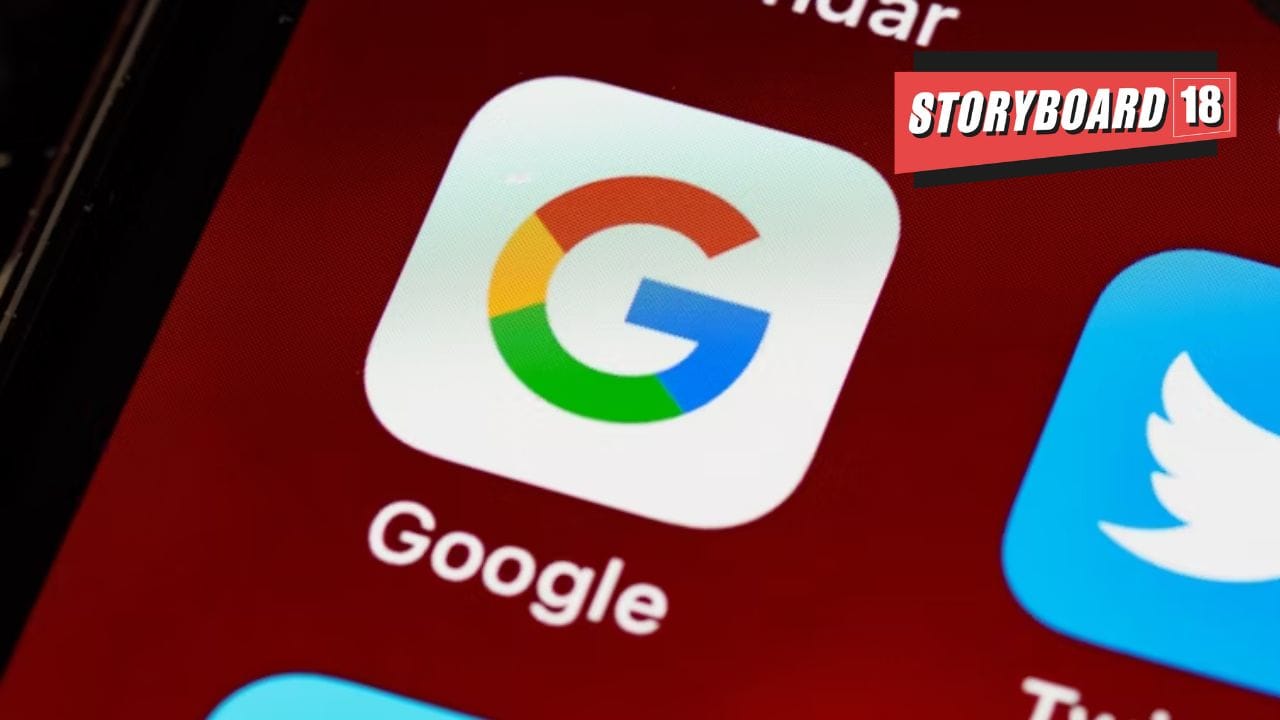In order to protect the integrity of elections and keep its products and services safe from abuse Google has been enforcing policies and using AI models to fight abuse at scale. While addressing the ongoing transparency on Election Ads, Google maintained that it has strict policies and restrictions around who can run election-related advertising on its platforms.
For example, Google require all advertisers who wish to run election ads on its platforms to undergo an identity verification process, provide a pre-certificate issued by the ECI or anyone authorized by the ECI for each election ad they want to run where necessary and have in-ad disclosures that clearly show who paid for the ad. Additionally, Google has long-standing ads policies that prohibit ads from promoting demonstrably false claims that could undermine trust or participation in elections. Google compiles all election ads in a searchable hub that provides insights on who the advertisers are, where they are located and how much is spent on the ads for greater transparency.
Google has policies around demonstrably false claims that could undermine democratic processes, for example, in YouTube’s Community Guidelines and its political content policies for advertisers. YouTube also has long-standing policies in areas like manipulated content, incitement to violence, hate speech and harassment. The tech giant relies on a combination of human reviewers and machine learning to identify and remove content that violates our policies.
Google states that its AI models are enhancing its abuse-fighting efforts, while a dedicated team of local experts across all major Indian languages are working 24X7 to provide relevant context. With recent advances in its Large Language Models (LLMs), Google is building faster and more adaptable enforcement systems that enable us to remain nimble and take action even more quickly when new threats emerge.
Google has been equipping people across the country with ways to better evaluate information online through ongoing initiatives such as FactShala, Sach Ke Saathi and YouTube’s Hit Pause.
Additionally, ahead of the General Election, Google is supporting Shakti, India Election Fact-Checking Collective, a consortium of news publishers and fact checkers in India, working together to aid the early detection of online misinformation, including deepfakes, and to create a common repository that news publishers can use to tackle the challenges of misinformation at scale. The project will also provide news organizations and fact-checkers essential training in advanced fact-checking methodologies, deepfake detection, and the latest Google tools like the Fact Check Explorer, to streamline verification processes.
Read More:Indian elections 2024: Google supports voters navigate AI-generated content
